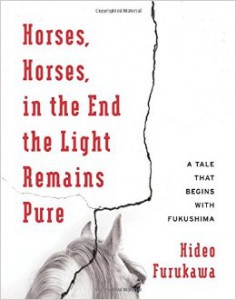This week, our Editors-at-Large take us to literary fairs, readings, and walks around the world, featuring Malaysia as the country of honor at Beijing’s annual book fair, an “in-progress” translation reading in New York, and a thought-provoking reflection on a traipse around sites made famous by the works of Carlos Monsiváis in CDMX. Read on to learn more!
Hongyu Jasmine Zhu, Editor-at-Large, reporting from China
Between June 18–22, the 31st Beijing International Book Fair (BIBF) welcomed over 1,700 exhibitors from 80 countries, with Bangladesh, Belarus, Chile, Cyprus, Ethiopia, Guatemala, Jamaica, Kenya, and Oman joining for the first time. Over 300 thousand visitors of all ages and backgrounds participated in the fair’s multi-sensory literary walk, from family-friendly activities to down-to-business panel discussions.



